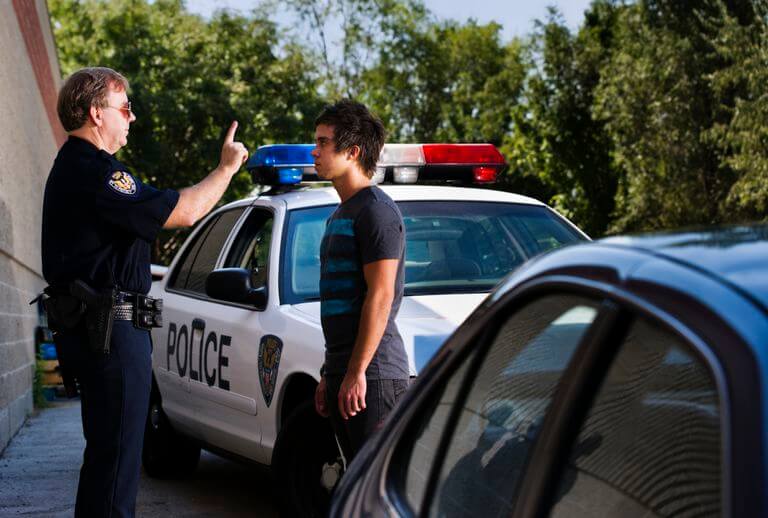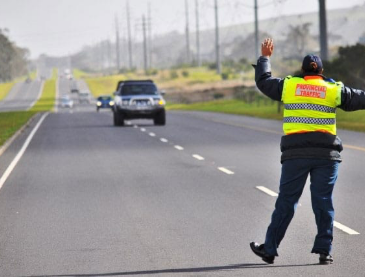Understanding your rights under Kentucky DUI law, especially regarding blood alcohol content and the right to an independent blood test, is crucial for anyone facing DUI charges. Navigating the complexities of such legal situations often necessitates the guidance of a skilled lawyer, knowledgeable in areas concerning consent, vehicular homicide, and other related charges. Engaging a reputable law firm can provide the necessary support and advice to ensure that your rights are protected throughout the legal process.
Who Has a Right to an Independent Blood Test?
When a person is stopped for suspicion of driving under the influence (DUI), he or she will be asked to submit one or more tests of their breath, blood or urine to provide the Commonwealth with the evidence it needs to properly charge and prosecute the individual. Kentucky law makes clear that when an individual submits to each and every test requested by the arresting officer(s), the individual then has a right to an independent blood test. The Kentucky Legislature felt this right to be so important that it drafted Kentucky’s statutes to require police officers to inform the driver on two separate occasions – once before the test and once after the test – of his or her right to an independent blood test.
Kentucky Law
KRS 189A.105, one of Kentucky’s statutes dealing with DUI, states in pertinent part:
“(2)(a). At the time a breath, blood, or urine test is requested, the person shall be informed:
…
(2)(a)(3). That if the person first submits to the requested alcohol and substance tests, the person has the right to have a test or tests of his blood performed by a person of his choosing described in KRS 189A.103 within a reasonable time of his arrest at the expense of the person arrested.
…
(4). Immediately following the administration of the final test requested by the officer, the person shall again be informed of his right to have a test or tests of his blood performed by a person of his choosing described in KRS 189A.103 within a reasonable time of his arrest at the expense of the person arrested. He shall then be asked “Do you want such a test?” The officer shall make reasonable efforts to provide transportation to the tests.”
Further, KRS 189A.103(7) provides:
“After the person has submitted to all alcohol concentration tests and substance tests requested by the officer, the person tested shall be permitted to have a person listed in subsection (6) of this section of his or her own choosing administer a test or tests in addition to any tests administered at the direction of the peace officer…”
How Kentucky Courts Interpret the DUI Law
The Kentucky Supreme Court interpreted the law to mean that the right to an independent blood test only “attaches” to a driver after he or she has submitted to all of the tests requested by the officer. In Commonwealth v. Minix, the Court held that a driver who submits to some tests but not all tests requested by the police does not have a right an independent blood test.
In 2003, the Kentucky Court of Appeals held in Commonwealth v. Long that police officers must provide reasonable accommodations to drivers who request an independent blood test. When an officer fails to provide reasonable assistance, the test(s) requested by the officer must be suppressed (thrown out) at trial.
One common issue is encountered when a hospital refuses to perform an independent blood test for a driver accused of DUI. The Kentucky Supreme Court held in Lee v. Commonwealth that a hospital’s refusal to administer an independent blood test did not render the Commonwealth’s evidence inadmissible.
Should I Request an Independent Blood Test If Charged with DUI?
If you have the resources to obtain an independent blood test, you should probably request one. The purpose of an independent blood draw is to controvert the state’s evidence against you. Without an independent blood draw, you are forced to attack the blood test results with no alternative result to present to a jury. Also, it can prove to be very important if your BAC were to be very close to the legal limit during the police blood draw. There is a good chance that by the time your independent test is obtained, your BAC will be lower due to your body’s natural metabolization of alcohol.
If you are charged with DUI in Kentucky, you should contact an experienced team of attorneys to assist you. If you would like to speak with an attorney today about your DUI, call our office at 859-258-2697. As always, consultations are completely free. We are happy to help!


